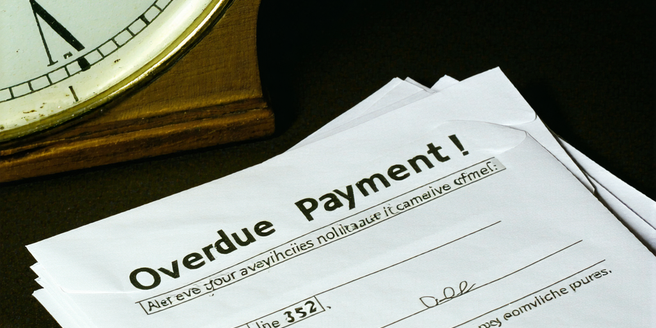Understanding Collections Accounts: A Deep Dive
Understanding collections accounts starts with knowing how they arise. Typically, an account is sent to collections after a prolonged period of non-payment, often exceeding 120 days past due. These accounts may involve service-based debts, credit card bills, or other loans. The transfer to a collections agency marks a significant step in debt recovery efforts and dramatically changes the way the debt is reported on your credit report. Collections accounts impact your credit score negatively but knowing the specifics can help in tackling these records effectively. It’s essential to communicate with creditors early and understand the terms that led to the collections status. Whether disputing errors or strategizing for debt repayment, clarity on collections helps in preventing long-term financial distress.
How Collections Accounts Impact Your Credit Score
Collections accounts can significantly affect your credit score, making it crucial to understand their impact. These accounts indicate to creditors that you have defaulted on payment obligations, which can lead to your credit score rapidly declining. The presence of a collections account on your credit report tends to be viewed negatively by potential lenders, affecting your chances of future credit approval or favorable terms. The exact decrease in your credit score varies depending on factors like the current health of your credit and the specifics of the collection record. However, it’s important to note that the impact decreases over time, especially if you manage your other credit obligations responsibly. Addressing collections proactively and working on resolutions can help mitigate damage and help restore creditworthiness.
Steps to Take When Contacted by a Collections Agency
Receiving a notice from a collections agency can be unsettling, but acting promptly and knowledgeably is critical. First, verify the legitimacy of the account and the amount. Requesting verification from the collections agency is your right and helps ensure that there are no errors. Once confirmed, devise a strategy for addressing the debt. Determine if you can negotiate a settlement or payment plan that suits your financial situation. Keep all communication in writing; it’s essential to have records of discussions and agreements. Finally, don’t ignore correspondence or calls from the agency, as this can lead to more severe consequences, like legal actions. Educated communication and timely action are key to resolving collections account issues.
Negotiating with Collections Agencies: Dos and Don’ts
When negotiating with collections agencies, being informed and strategic enhances outcomes. Start by understanding your rights under the Fair Debt Collection Practices Act. Do approach negotiations professionally; being polite and composed aids in productive dialogue. Don’t admit liability for the debt without understanding its validity, as this can affect legal proceedings. Instead, discuss possible settlements or payment plans that align with what you can afford. Avoid giving access to bank accounts, and never agree to payments beyond your financial capacity. Review any agreements thoroughly and request everything in writing before making commitments. Successfully negotiating collections requires a careful balance between firmness and willingness to find an amenable solution.
Debt Settlement vs. Payment Plans: Which is Right for You?
Deciding between debt settlement and payment plans requires analysis of your financial situation and future credit goals. Debt settlement involves negotiating a lump-sum payment that’s typically less than the full debt amount, offering immediate relief but potentially impacting your credit score negatively in the short term. It’s usually beneficial for those unable to meet regular payment demands. Conversely, payment plans allow structured repayment over time, generally offered for the full debt amount. Such plans can preserve credit standing if payments are made consistently, but they might entail long-term financial commitment. Evaluate your income, debt load, and credit repair goals before choosing. Both options have pros and cons; a careful approach ensures a decision that aligns with your financial health.
Rebuilding Your Credit Post-Collections: Tips and Strategies
After dealing with collections accounts, taking steps to rebuild credit is crucial. Start by ensuring that all outstanding collections are marked as resolved with credit reporting agencies. Next, focus on timely payments for all ongoing obligations, as payment history is a significant factor in credit scoring. Consider applying for a secured credit card and use it responsibly; this can contribute to positive credit behavior. Diversify credit types by responsibly managing different credit accounts, such as installment loans and revolving credit. Regularly review your credit report to catch and dispute inaccuracies immediately. It’s essential to be patient, as building credit takes time, but consistent positive activity will gradually improve your score and restore your financial reputation.


